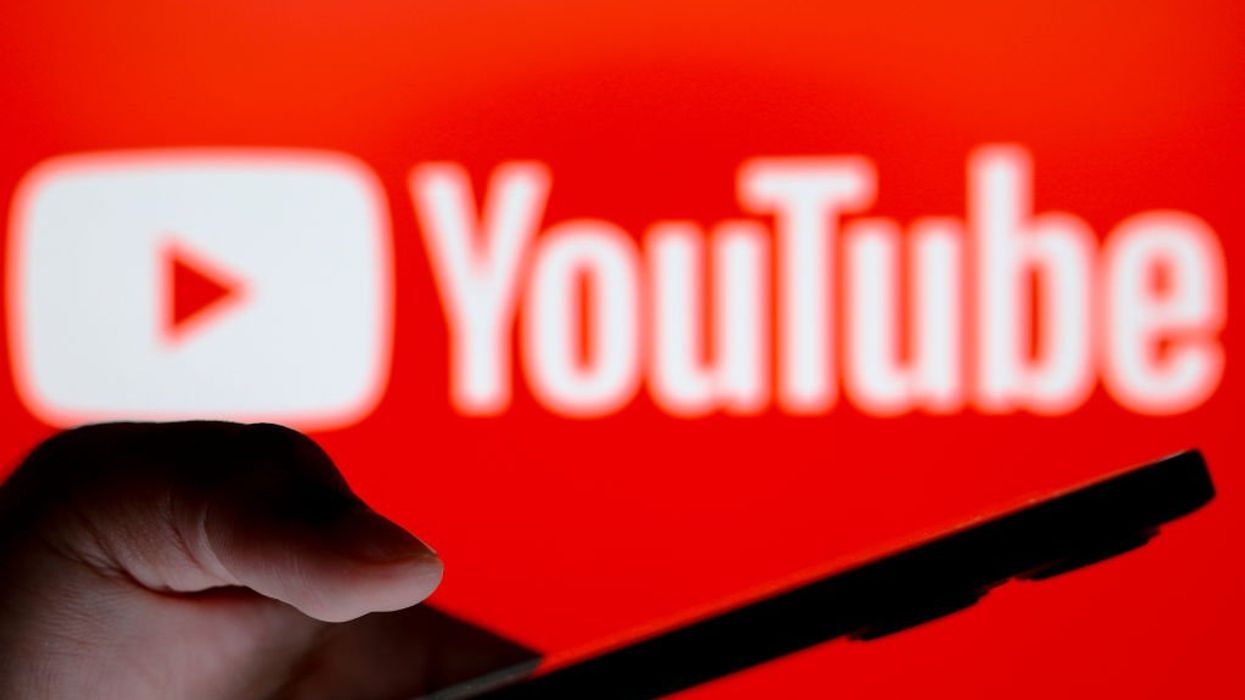
Photo Illustration by Jaque Silva/SOPA Images/LightRocket via Getty Images

Companies shouldn’t be allowed to use their market dominance to crush would-be competitors and raise prices with impunity. But that’s exactly what Google is doing with YouTube.
“Google is a monopolist, and it has acted as one to maintain its monopoly,” Judge Amit P. Mehta wrote last month in deciding the most consequential monopoly case so far this century. He was talking about Google’s illegal domination of online search — there’s a 90% chance you use Google every time you search, and the judge agreed that Google gained that control of the market through bullying and secret deals with rivals.
But Mehta might as well have been talking about Google’s domination of online ads (where a separate antitrust trial is under way), online shopping, or any number of other areas of our digital lives.
YouTube is now so big it has reportedly been willing to lose money in some markets while it waits for competitors to wither away.
One Google property that hasn’t gotten enough attention from regulators — and deserves a closer look — is YouTube, the global leader in online video. Every day more than 100 million Americans scroll through it, and in your own home it’s available on phones, computers, streaming boxes, gaming consoles, and likely even on your TV itself.
How did YouTube get so big so fast? Unfortunately, the answer appears to be “by shoving competitors out of the way, and putting the squeeze on consumers,” just as in so many other areas where Google operates.
The Washington Post recently called YouTube “the most consequential technology in America” because it has evolved beyond a simple phone app. YouTube is now the world’s second-biggest search engine, trailing only Google. More people use it to listen to music than Spotify or the radio. Its CEO sees your living room as “YouTube’s next frontier,” and more viewers already watch YouTube on TVs than any other streaming service.
In just seven years, YouTube’s subscription TV service has grown from nothing to become the third-largest in America, behind only Charter and Comcast. By 2026, it is on track to be No. 1 in subscription TV and expects to double again before reaching its peak.
YouTube’s enormous ad business keeps 45 cents of every ad dollar, generating $31 billion in revenue last year. It serves ads on the web, through its apps, on streaming services, and on the 110 million Google TV sets and devices. For those who don’t like ads, 100 million subscribers pay up to $22.99 a month for an ad-free experience. Either way, YouTube profits.
While being big isn’t illegal, YouTube’s path to dominance might be. It muscled out companies that tried to be part of its ecosystem. YouTube banned third-party ad software, forcing ad buyers to use its own tools. “They crushed our growth and ruined our product,” said Brian O’Kelley, former CEO of AppNexus. YouTube copied Machinima’s creator-friendly content network model and then pushed it off the platform. On the consumer side, YouTube has worked ceaselessly to kill ad blockers, raised subscription prices, extended ad breaks, expanded ads to more platforms, and is now testing ads that can’t be skipped.
YouTube is now so big it has reportedly been willing to lose money in some markets while it waits for competitors to wither away. (“That’s kind of how monopolies roll,” O’Kelley said.) It leverages Google’s immense trove of data about how you use the internet, including data it collected without permission, to target ads better than any other company in the world. It’s moved into online shopping, taking on streaming video competitors like TikTok. And like Google itself, YouTube is leaning heavily into AI.
YouTube has grown so big that it often ignores copyright, privacy, and child safety laws. AI models have reportedly used a million hours of YouTube videos to train without creators’ permission, violating YouTube’s own rules. In 2019, U.S. regulators fined Google $170 million for YouTube’s violations of children’s privacy laws. Despite growing viewership among children and teens, YouTube’s algorithm serves children as young as 9 years old hundreds of gun violence videos a month. While the company claims to delete thousands of channels an hour for rule violations, it still misses thousands more, and its poor enforcement leads to legitimate channels being wrongly removed.
Other countries are already acting against YouTube. European Union antitrust regulators have investigated YouTube, and a new complaint accuses it of violating EU privacy laws. South Korean regulators have labeled the company “monopolistic” and are considering action. Meanwhile, U.S. regulators have not yet subjected YouTube to the scrutiny it deserves.
Companies shouldn’t be allowed to use their market dominance to interfere with the free market, crush would-be competitors, and raise prices with impunity. But that seems to be exactly what Google is doing with YouTube, just as it has done in online search and online ads. It’s time for the U.S. Justice Department to give YouTube the same full investigative scrutiny it has appropriately applied to Google’s other monopolies.
Aiden Buzzetti